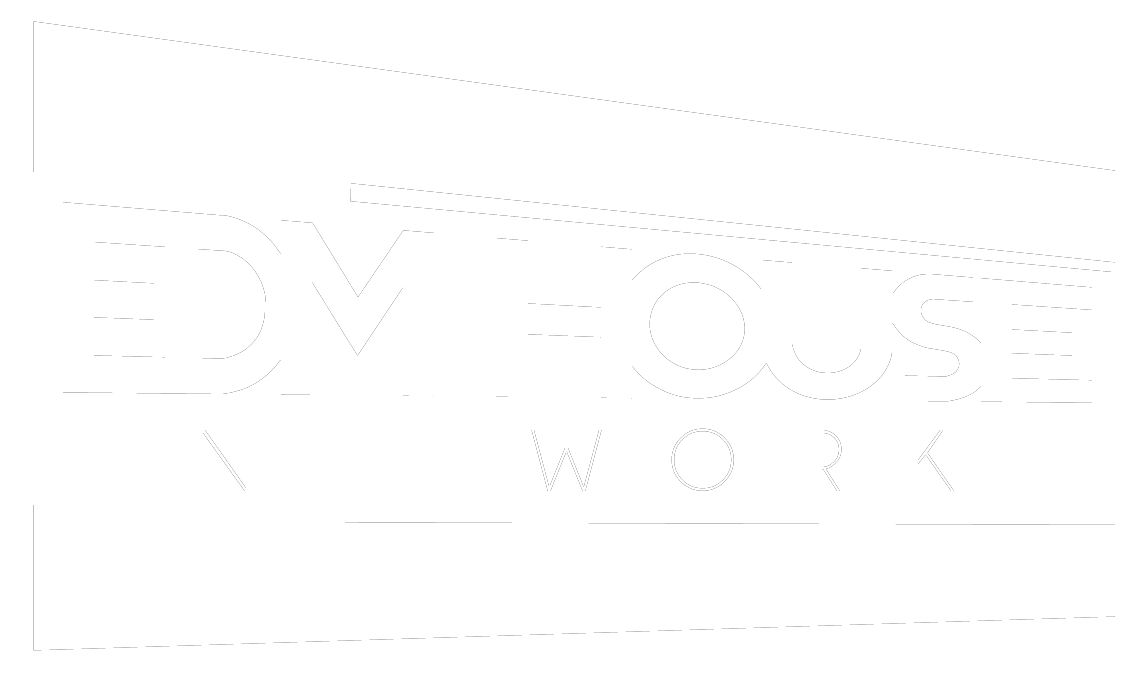Originally hailing from the USA, DJ Justin James has traveled around the world playing shows, visiting remote destinations, and most importantly – making friends. Justin has held residencies at numerous DJ Mag Top 100 venues and has had releases on well-known labels such as Darklight, Dirty Dutch, and Brooklyn Fire. We had the pleasure of speaking with Justin about numerous topics, you can view the full interview below.
Hey Justin, thanks for taking the time to speak with us! You have traveled quite extensively over your career – what would you say are the most important things for up-and-coming DJs to understand about being on the road?
Hey Dylan, thanks for having me. Well… It’s not always what people might expect. Busy nightclub/festival schedules might put you in some amazing places, but if you are strictly following the schedule of those shows, you may never be anywhere long enough to truly grasp the specialness of the places you are visiting. I have always tried to structure my career a bit differently, in the fact that where I was going (mostly) always dictated my ongoing plans/show schedule. What is the point of traveling to exotic places if you don’t spend the time to actually enjoy it?
As an experienced DJ, what would you say are the most important aspects to consider while putting together your live sets?
Key, tempo, energy level, and PREPARATION. These aspects combined are crucial for professional/high-level DJ sets. For readers that might not know what these things are…
Key; Every song has a key. Those keys will match perfectly with songs in other specific keys (harmonic mixing) and will not with songs of others (discordance). Key matching will make the listener feel like the songs you are playing belong together. Learn the Circle of Fifths and/or the Camelot Wheel like your times-tables. Learn this backwards and forwards and you will immediately be miles ahead of other DJs, especially in local markets.
Tempo; Any venue that a DJ is booked at should know specifically what is and what is not acceptable in regards to tempo. For example; A sunset set at a bar on the beach might be between 110-123BPM (beats per minute), while an opening set at an electronic music club might be between 118-123bpm, and the headlining set might be 128-132bpm. So on and so forth. You can’t do your job properly at a venue if you are not following the guidelines of what is and is not acceptable in regards to the tempo at specific points in time for that venue. This is a “rookie” mistake I still see in too many places.
Energy Level; Admittingly, this is something that I only really started using a few years ago and after I locked in the fundamentals, it was another big “a-ha” moment in my career. Every song has an energy level. A song’s energy level is formed by its loudness, rhythmic activity, and tempo. Some songs might sound more energetic than they really are, so it’s important to analyze all of your songs and make sure you are ordering them correctly to gain the desired effect intended by your set. Once you have analyzed your songs in a program like Mixed In Key, you will have the information you need to start putting together the pieces of your set.
And last and most important…
Preparation; When I was living in America I would always just show up to places, read the crowd, and play based off of what I was seeing unfold in front of me. But after I came to Asia and started playing, sometimes in front of thousands of people, I realized that this method didn’t really make sense anymore. I had transitioned from the DJ playing in front of people not really paying attention to playing in front of people hinging on every song, every transition, and maybe most nerve-racking of all – staring directly at me for long periods of time haha.
High-end/high-paying venues are looking for DJs who sound good, but can also confidently stand face-to-face with a crowd and be the ‘showpiece’ for the night. In order to do this effectively, I needed to have an exact line before I showed up. After I started planning out my sets from A-Z, the anxiety subsided and I was able to just walk into a venue and play the set that I had (tirelessly) prepared, and it was way more FUN! In my opinion, you can be way more interesting when you are preparing your sets in advance.
So even though you are largely viewed as an electronic music DJ, rumor has it that you are also a talented “open-format” DJ. Can you explain to some of our readers exactly what “open-format” is and how you have managed to progress this way?
“Open-format” is a style of playing where the DJ incorporates different genres of music into their set. So for instance, in one night a DJ could play hip-hop, house, rock, disco, etc… “Open-format” is the proverbial kitchen sink of the DJ world – Anything goes. I have and will always be an open-format guy at heart – 100%.
For the readers who might be unfamiliar with this style of playing, Google guys like; DJ AM, Z-Trip, A-Trak, Craze, Klever, Konflikt, Trentino, and Beatbreaker, just to name a few.
Personally, I made the decision a few years ago to switch to electronic music because of my deep seated love for the genre. I also realized there was a pretty definitive cap (both financially and in terms of crowd size) for any other genres of music, besides electronic. That is of course unless you are on tour as a DJ with a major artist, which I have a few friends that are.
My goal was always to be able to play in front of large crowds and since making the outward facing transition to electronic music, I’ve been able to do that.
You are from The United States, but have been living and working in Southeast Asia for the past 6 years. Can you tell us about some of the different markets you have and are currently working in? Where are some of your favorite and least favorite places to play shows?
So, the quick backstory… I started playing in Miami, Florida (USA) back in 2005 and in 2008 I moved to Orlando, Florida to finish college. After I graduated in 2010 I started traveling around the US playing shows for around five years. In 2015 I moved to Southeast Asia, and that is really where my career started. Since I have left the US, I have played and spent time in a lot of really amazing places – Australia, Germany, Bahrain, Egypt, Japan, Taiwan, India, Hong Kong, Myanmar, Laos, and the list goes on. But the best part is that I used these shows to finance all of my travels. I grew up poor in a small town in Tennessee, so being able to go to all of these places over the years has really been special.
You’ve had releases with some well-known DJs labels, including; Fedde Le Grande, DJ Chuckie, and Tommie Sunshine. Can you tell us what it has been like working with these labels and what kind of relationships a new producer to these labels could normally expect to make after their first release?
I remember years ago being in America and paying to go to clubs to see guys like Tommie and Fedde and now I have releases with their (very selective) labels. It’s been really awesome to be in association with some of the DJs that I started my career really looking up to, even if just loosely. As far as relationships… Anytime you release on a label, you become a small part of that in-group of Producers and DJs. It’s akin to having played on the same professional sports team or having been in the same college fraternity. You will always be a part of that family.
If you weren’t in the music industry, what do you think you would be doing right now, professionally?
Good question… Well, I went to college (University of Central Florida) as a pre-law/legal studies major and my plan was to go to law school after college, so I probably would have become an attorney. I have some friends that are attorneys now and most of them are not very happy, so I think I made the right choice:)
Thanks so much for your time, is there anything you’d like to say to our readers?
To the upcoming DJs and Producers… Keep going. The time and effort you put in, you will get back…eventually. Stay the path and things will fall in line.
And most importantly – Don’t measure your career by the amount of tracks you have released or the followers you have amassed, but rather by how music enables you to live your day-to-day life
Follow DJ Justin James on his socials:
Facebook
Instagram
Website







